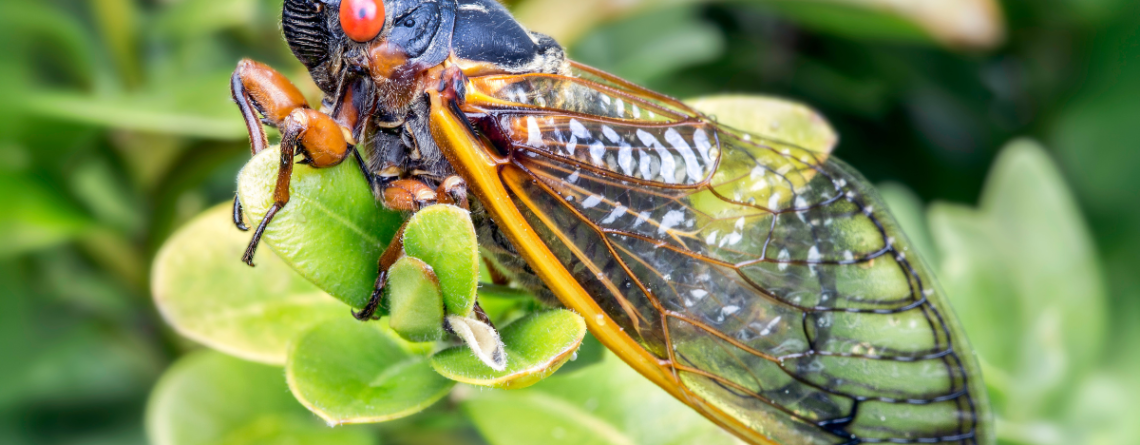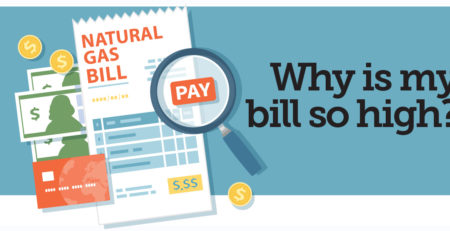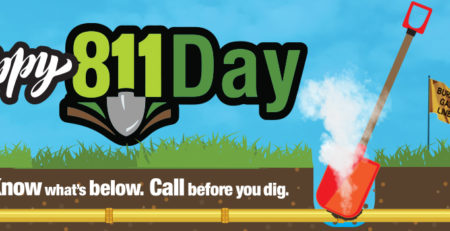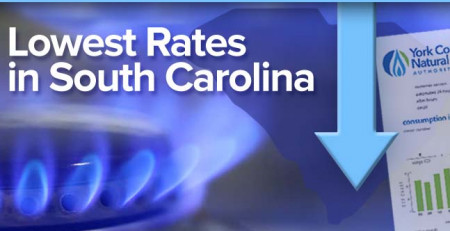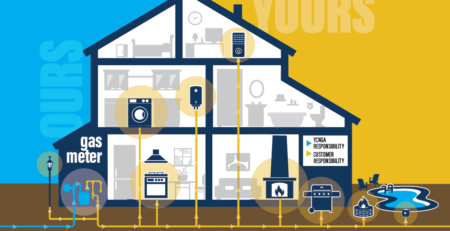2024: The Year of the Cicada…and Potential Misconceptions
Get ready to welcome back the cicadas in 2024! These fascinating insects, known for their distinctive buzzing chorus, are set to emerge in large numbers across the South. While their presence may add a unique soundtrack to our outdoor experiences, there’s a potential issue that homeowners and communities should be aware of – the risk of mistaking cicada sounds for a gas leak.
The Cicada Invasion
This year, cicada broods XII and XIX will have a “dual emergence,” causing trillions of the noisy insects to appear simultaneously for the first time since 1803. Their distinctive buzzing, often likened to a loud, continuous hum, can fill the air for weeks, creating a natural spectacle.
The Gas Leak Dilemma
While the sound of cicadas may be a familiar part of the summer landscape for many southerners, it can also lead to confusion and potential misunderstandings. The noise produced by these insects, particularly when congregating in large numbers, can sometimes be mistaken for the sound of a gas leak. This misinterpretation poses a risk, as it may delay or prevent the reporting of genuine gas leaks, which require immediate attention to ensure safety.
Recognizing the Difference
It’s essential for homeowners and communities to be vigilant and educated about the distinction between cicada sounds and the signs of a gas leak. Some key points to remember include:
- Frequency and Duration: Cicada sounds are typically continuous and may last for several weeks during their emergence period. In contrast, the sound of a gas leak may be intermittent or sporadic, with no discernible pattern.
- Location: Cicadas are outdoor insects and are most commonly heard in trees, bushes, and other vegetation. Gas leaks, on the other hand, can occur anywhere, indoors and out.
- Smell and Visual Signs: Gas leaks are often accompanied by a distinct odor, similar to rotten eggs, and may also cause vegetation to wither or die. Cicadas, while noisy, do not produce any noticeable odor or visual signs of damage.
Reporting Concerns
If there’s any doubt or suspicion of a gas leak, it’s crucial to err on the side of caution and report it promptly to the YCNGA emergency response line dedicated to handling gas leak reports — 866-201-1001. We have trained professionals who can assess the situation and take necessary action to ensure safety.
Embracing Nature’s Symphony
As we anticipate this once-in-a-lifetime return of the cicadas in 2024, let’s embrace the wonder of this natural phenomenon while remaining vigilant about safety. By understanding the sounds of nature and knowing how to differentiate them from potential hazards, we can enjoy the chorus of cicadas without any unnecessary concerns.


